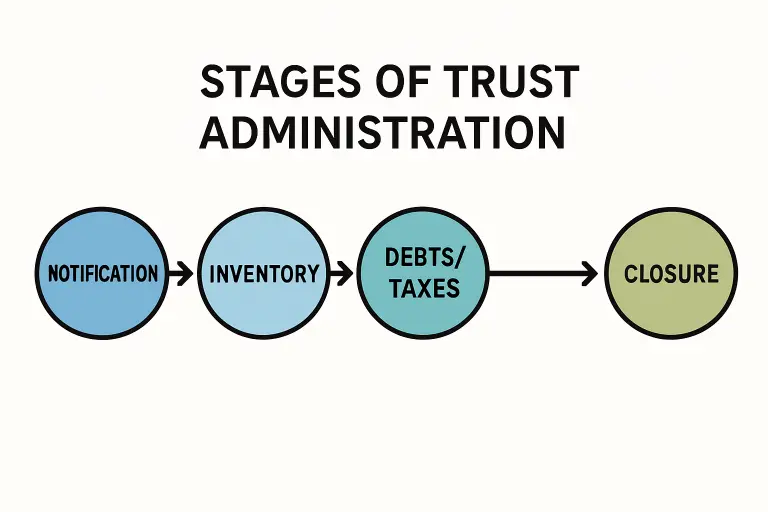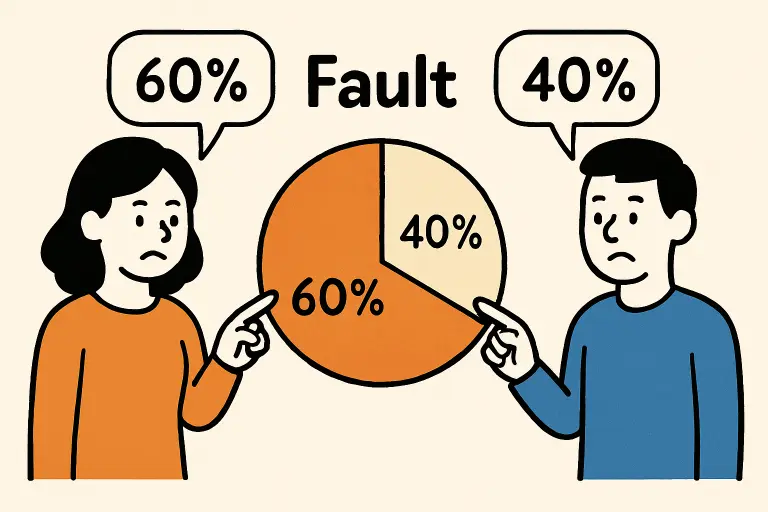Airbnb’s transformative impact on global travel and hospitality cannot be denied. As this digital giant has grown, so too have the challenges surrounding payment security. With an ever-evolving landscape of scams, hosts must be perpetually vigilant, equipping themselves with the knowledge and tools to detect deceitful financial behaviours. This understanding is imperative, not just for financial safety, but also to maintain the trust-based relationship between hosts and guests.
Table of Contents
Understanding the Depth of Fraudulent Payments
To counteract deceitful transactions, hosts must first appreciate their intricacies. At their core, these tactics seek to exploit system vulnerabilities and human trust.
Chargebacks:
Some guests, with malicious intent, leverage the chargeback process, disputing a cleared transaction with allegations of non-authorization. This strategy often catches hosts off-guard, leading to financial strain. Beyond the immediate loss of payment, hosts also face potential penalty fees, further intensifying their financial woes.
Stolen Credit Card Information:
The dark web and other illicit platforms have become thriving marketplaces for stolen card details. This alarming trend means unwary hosts can inadvertently process payments that are later contested. They then find themselves embroiled in a financial dispute between a bank and the legitimate cardholder, complicating matters and affecting their reputation.
Fake Bank Transfers:
The sophistication of scammers continues to grow. Some now present fake bank transfer confirmations with alarming accuracy. Relying on hosts not verifying the authenticity of these transfers immediately, they manage to secure bookings, leaving hosts with potential vacancies and no payment in sight.
Decoding the Red Flags
Awareness is the first line of defence. By understanding suspicious indicators, hosts can preemptively address potential threats:
1. Last-Minute Bookings:
There is nothing wrong with spontaneous trips, but hosts need to maintain vigilance. If there’s a sudden influx of last-minute bookings, particularly from different accounts with high transaction values or notably short stays, it could indicate a coordinated scam effort. Guest screening and monitoring for patterns is essential to detect these anomalies early.
2. Overpayments:
It’s uncommon for guests to pay more than what’s due intentionally. If overpayment is accompanied by a complex explanation or an unusual narrative, hosts should be wary. Scammers often follow up with requests to refund the ‘extra’ amount, banking on exploiting trust and causing financial loss.
3. Mismatched Details:
Consistency is key. Any disparity, like a divergence between the guest’s stated name and the payment information, warrants immediate attention. Similarly, frequent changes in payment methods can be a red flag. These inconsistencies might be indicators of someone trying to use stolen or fraudulent details.
4. Rush Transactions:
Scammers often rely on the element of surprise and haste. If a guest consistently pressures for swift transactions, sidelining regular verification procedures, it’s a strong indication they’re trying to mask malicious intentions. Quick transactions might mean they’re trying to avoid any scrutiny that could unveil their scam.
Modern Technology: A Beacon of Hope
The rise in digital scams has been paralleled by advancements in protective technology. Hosts can now employ several tech tools for enhanced security:
Advanced Payment Gateways:
Modern payment platforms, like Stripe and PayPal, have transcended basic transactional functions. They employ cutting-edge algorithms that diligently screen transactions, detecting and flagging any suspicious activities to safeguard hosts.
Two-Factor Authentication:
Beyond mere passwords, two-factor authentication (2FA) reinforces security. By mandating a secondary verification—such as a mobile code—it adds a robust barrier, deterring unauthorised access and thwarting scammers.
Machine Learning:
The proliferation of AI has birthed tools that self-adapt to threats. Machine learning algorithms can discern and react to new fraudulent patterns, offering real-time alerts to hosts, fortifying their defence mechanisms.
Proactive Approaches for Hosts
To further shield themselves, hosts should adopt a proactive approach:
Trust the Airbnb System:
Airbnb has invested heavily in ensuring user safety and transactional security. While sidestepping the platform for payments might seem lucrative due to reduced fees, using Airbnb’s official payment system provides an array of security measures. It’s a structure designed with both guest and host protection in mind.
Scrutinise Guest Details:
Vigilance can never be underestimated. Before confirming any booking, it pays dividends to meticulously inspect guest information. Checking the consistency and authenticity of payment details can preempt potential fraud, ensuring a smoother hosting experience.
Stay Educated:
In the rapidly shifting landscape of online scams, knowledge is the best shield. By staying abreast of emerging fraudulent techniques and trends, hosts arm themselves with the awareness needed to discern genuine bookings from potential threats.
Open Channels of Communication:
Building a rapport with guests isn’t just about hospitality. Directly addressing any payment or booking discrepancies can dispel potential issues. Clear, open dialogue not only fosters trust but can be a crucial instrument in averting misunderstandings or scams.
In Conclusion
The digital realm, while offering unparalleled conveniences, brings with it a host of challenges. In the Airbnb ecosystem, fraudulent payment patterns rank high on this list. But by combining technological advancements with individual vigilance and education, hosts can navigate this landscape confidently, ensuring their interests remain protected while continuing to offer genuine guests the best possible experience.































































































































































































































































































































































































































































































































































































































































































































































































































































































































































































































































































































































































































































0